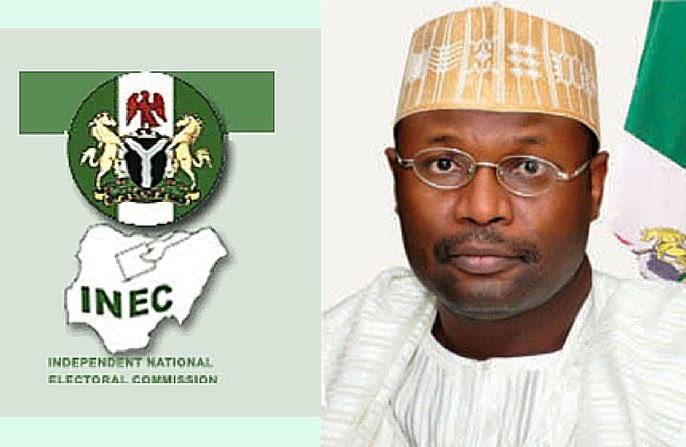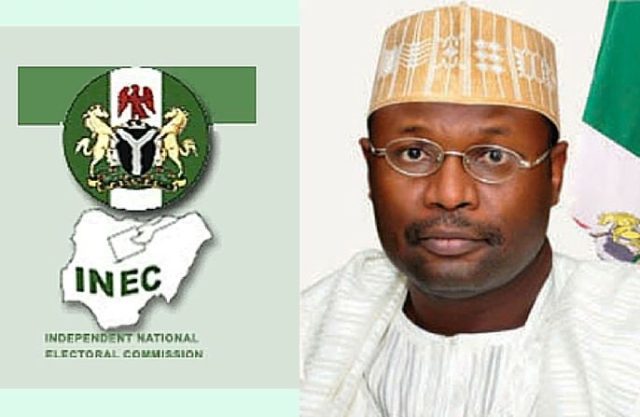Democracy & Governance
Gender Equity And Transparency – The True Democracy -By Odoji Oluwafemi Stephen


Prof. Yakubu of INEC
Voting is defined as a human right. The fundamental assignment of any election management body (INEC) is to provide a process for all citizens of voting age population to vote. Most national censuses reveal women are a majority of the voting age population and, as societies age, the majority percentage of women increases. While a prerequisite for women to have full and equal participation in all spheres of political, economic and social life, attainment of this remains elusive. Nowhere is this more important than in a country’s electoral process, where active political engagement, from both women and men, strengthens a country’s democratic development. Despite the importance of proactively incorporating men and women in all stages of the electoral process, differential gender needs are often overlooked in analysis, planning and implementation of electoral activities. This negatively impacts women’s participation as voters, candidates and election administrators.
The reason why I feel Women should be fully involve in Political Processes and Decision-MakingIt is critical that women and men are full and active participants in a country’s political and decision-making processes. The equal rights of men and women in all aspects of political, economic and social life and nondiscrimination are fundamental human rights principles. These rights are enshrined in a body of international and regional human rights law stemming from the groundbreaking 1948 Universal Declaration of Human Rights (UDHR), which states upfront in Article 1 that “all human beings are born free and equal in dignity and rights.”
Complying with human rights principles is not the only reason women should be given the opportunity to be fully politically engaged; there are important practical reasons why women should be involved. First, women make up at close to half of a country’s population and if they are marginalized from full and equal participation in political and decision-making processes, a country cannot be considered fully democratic. As Principle 4 of the Universal Declaration on Democracy, Inter Parliamentary Union states, “The achievement of democracy presupposes a genuine partnership between men and women in the conduct of affairs of society in which they work in equality and complementarity, drawing mutual enrichment from their differences.”
Secondly, the involvement of women in a country’s decision-making and governance is essential to maintaining a vibrant society. Their considerations also often include the needs of their families, broadening the scope of their perspective. Women have different experiences, different needs and different perspectives than men. Involving women and drawing on these differences helps ensure a more representative society, one in which the needs of women and girls are taken into account in the development of policies and programs. Furthermore, societies that are more inclusive of women, especially women with disabilities and women of marginalized groups, are often less violent and more tolerant. This has positive impacts on women, men, girls and boys.
Transparency: official business conducted in such a way that substantive and procedural information is available to, and broadly understandable by, people and groups in society, subject to reasonable limits protecting security and privacy
Transparency too rests on a partnership: officials must make information available, and there must be people and groups with reasons and opportunities to put information to use. Chief among those are an independent judiciary and a free, competitive, responsible press, but an active civil society is critical too. Rules and procedures must be open to scrutiny and comprehensible: a transparent government makes it clear what is being done, how and why actions take place, who is involved, and by what standards decisions are made. Then, it demonstrates that it has abided by those standards. Transparency requires significant resources, may slow down administrative procedures, and may offer more advantages to the well-organized and influential interests than to others. It also has necessary limits: legitimate issues of security and the privacy rights of citizens form two such boundaries. But without it, “good governance” has little meaning that is why our political office holders and the ones that are intending to run for office must make gender equity and transparency their watchword if they plan to make any meaningful impact in governance.



















